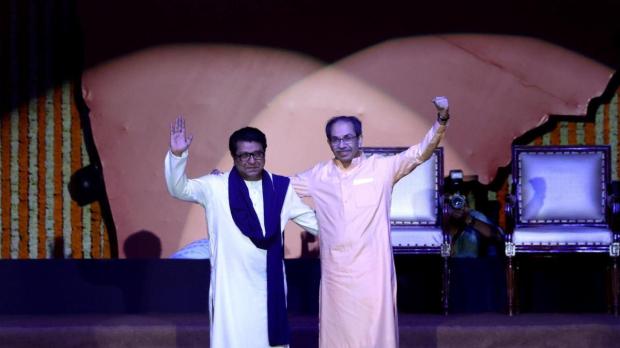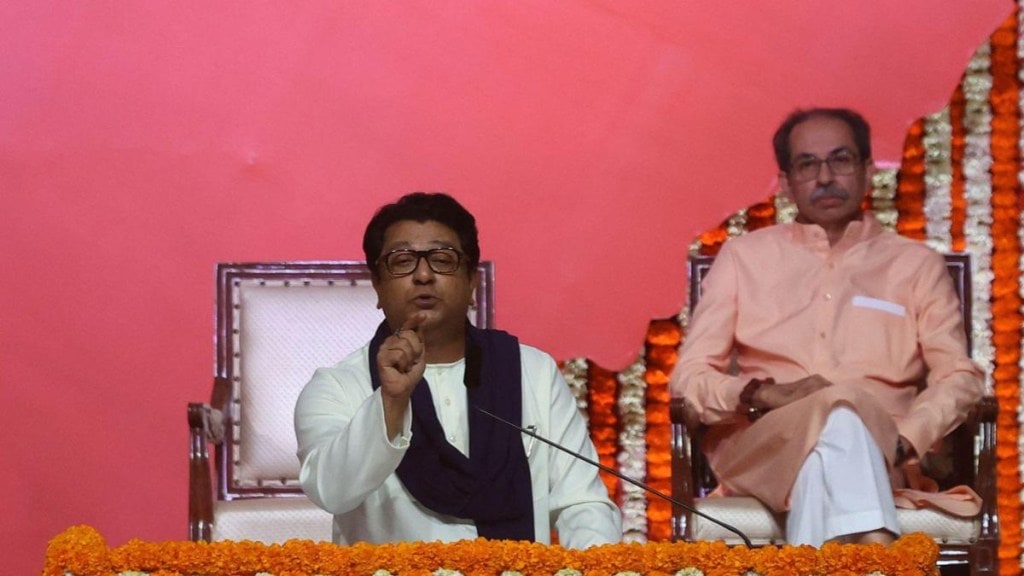Addressing a public event in Mumbai celebrating the Maharashtra government’s rollback of its Hindi language mandate in schools, Maharashtra Navnirman Sena (MNS) chief Raj Thackeray gave advice to party workers, but with a caveat. While advising against violent enforcement of language use, he said, “Be it Gujarati or anyone else, they must know Marathi. But there is no need to beat people for not speaking Marathi. [But] if someone creates unnecessary drama, you must hit below their eardrums.”
He added, “And don’t make videos of such incidents. Let the person who’s been beaten come out and speak about it.”
Only in Indian Politics can you run a failed startup for 20 years and yet carry enough swagger to justify violence. This is the MNS Chief Raj Thackeray whose goons beat a trader over Marathi. He says next time don’t make a video. Let the person hit come out and tell the world. pic.twitter.com/mv7OWQA24T
— Sanket Upadhyay (@sanket) July 5, 2025
His comments come amid a series of violent incidents involving MNS workers targeting individuals over language disputes. Just hours earlier, MNS workers on Saturday vandalised the Mumbai office of entrepreneur Sushil Kedia after he posted on X that he “won’t learn Marathi”. Stones were thrown at his property.
Another flashpoint occurred in Mira Road where a shopkeeper was allegedly assaulted by MNS workers for refusing to speak Marathi. The attackers filmed and shared the video online, sparking outrage and prompting hundreds of local traders to shut down shops in protest.
Rare political unity
Mumbai witnessed a rare moment of political unity on Saturday as Raj Thackeray and Shiv Sena (UBT) leader Uddhav Thackeray shared the stage after two decades of estrangement.
Uddhav hinted at a possible alliance between Shiv Sena (UBT) and MNS, saying, “We came together to stay together.” Echoing his sentiment, Raj Thackeray quipped that Maharashtra CM had achieved what even Balasaheb Thackeray could not and that is “bringing Uddhav and me together”.

The government had earlier announced a three-language policy making Hindi compulsory in primary education. The decision led to widespread opposition and protests in the state. Facing mounting pressure, the decision was recently reversed by the Devendra Fadnavis-led state government.

